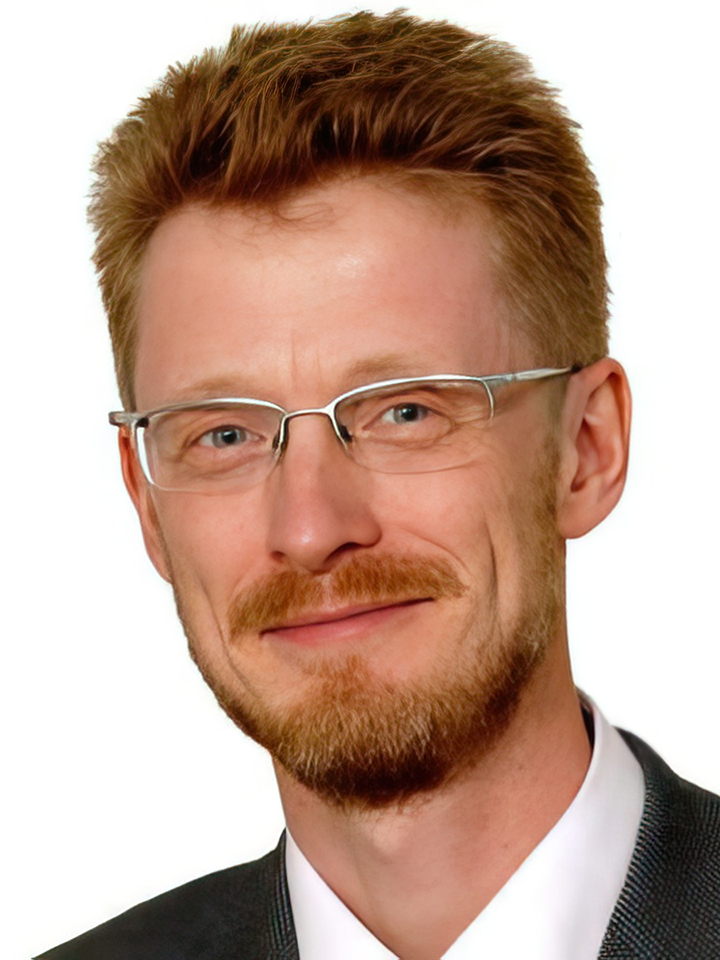Lief Hammerström
Proton-Coupled Electron Transfer in Natural and Artificial Photosynthesis
Thu, Mar. 2, 2023, 4:30pm
Taylor Auditorium, Frick Chemistry Lab B02
Host: Greg Scholes
Proton-coupled electron transfer (PCET) is of fundamental importance to energy transformation reactions in natural and artificial systems and are increasingly recognized in areas such as catalysis and photoredox catalysis. The coupled transfer of electrons and protons are often energetically advantageous, as it allows for charge neutral redox reactions in low-polarity environments, and the accumulation of redox equivalents without building up charge [1,2]. The coupled transfer has substantial impact on the reaction rate, due to modulations of the reaction energy barrier as well as the strong dependence on the distance the proton has to tunnel during the reaction. I will give a background how to understand the origin and consequences of the coupling in simple chemical terms, using examples from natural and artificial photosynthesis. I will furthermore discuss how to experimentally distinguish different PCET mechanisms, and why a particular mechanism dominates, an understanding which is crucial for the design and optimization of reactions that use PCET [3].
In recent collaborative work, we gave the first and still only example of PCET in the Marcus Inverted Region (MIR), where the rate decreases with increasing driving force [4]. This is believed to be important to maintain a long-lived photosynthetic charge separation, but earlier predictions suggested that observation of MIR for PCET is unlikely. Finally, I will present our recent discovery of a novel elementary reaction, which we denote Proton-Coupled Energy Transfer (PCEnT) [5]. The understanding of the PCEnT reaction and its wider implications will be discussed.

